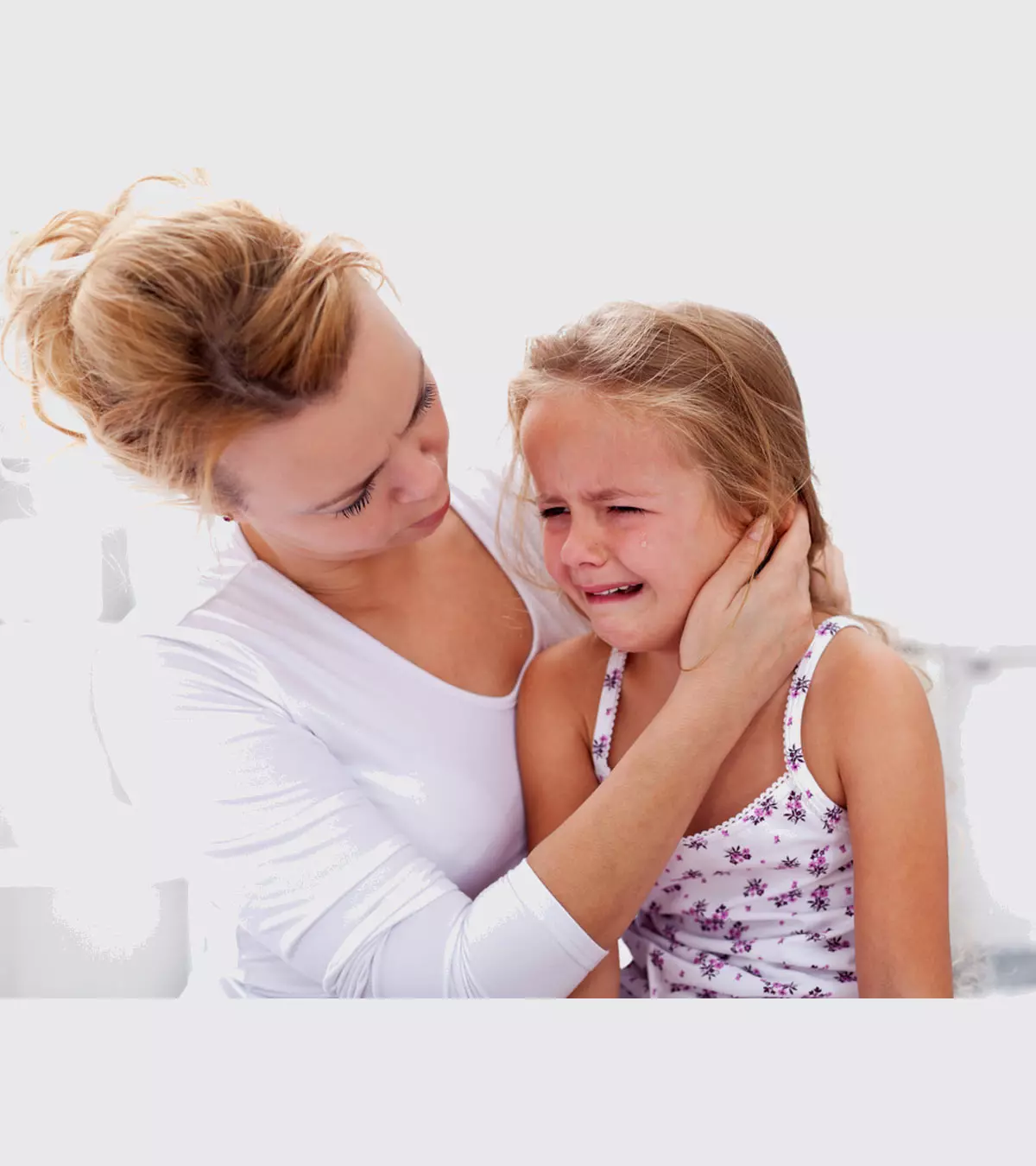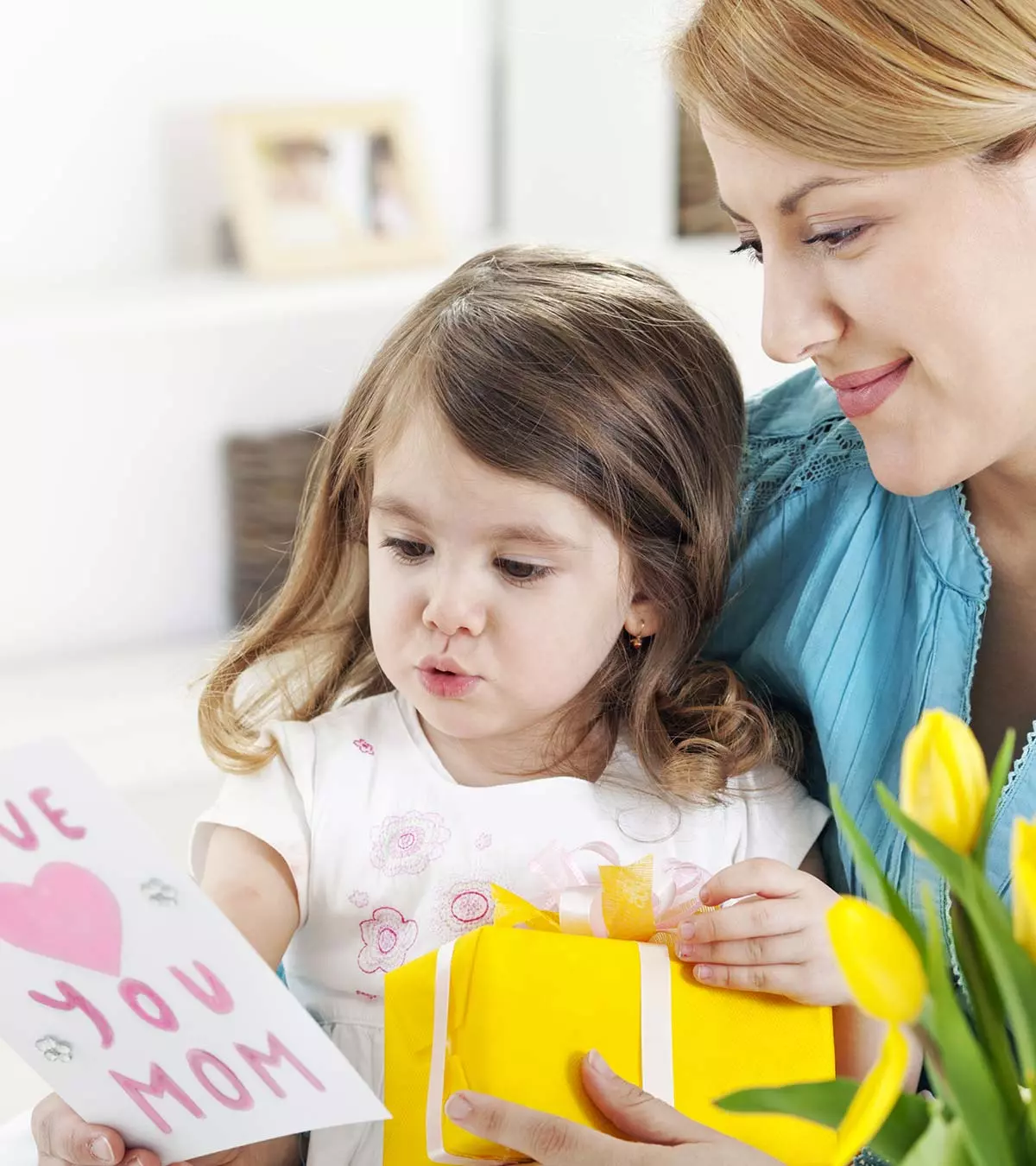

Image: Shutterstock
What is empty nest syndrome? This phase sets in when your kids become independent and leave their homes, making you feel lonely. Earlier, your life revolved around grooming and feeding the kids or helping them achieve their goals in life. But now, they are on their own, and you don’t seem to find anything that could fill in your void or the empty nest.
It feels like you may have accomplished bringing up your kids, but life starts feeling miserable as you think there is nothing left to look forward to. In this post, we will help you understand the feeling of this emptiness and how to deal with it.
What Is Empty Nest Syndrome?
Empty Nest Syndrome is a feeling of anxiety and loss when your child/children move out of the house to make their way independently. The symptoms of Empty Nest Syndrome are mostly associated with depression and anxiety. For instance, you may experience conflicted emotions of excitement and loneliness. You are happy that your child’s dreams will come true, but you are also extremely sad that they will no more be living with you. At the same time, you may fear their wellbeing in the outside world.A person who is undergoing these feelings is called an empty nester.
Some parents may even experience nightmares or interrupted sleep as it is difficult for them to accept that their child is not in the house. There may be feelings of guilt, too, as some may think you have not done enough for your child. Empty Nest Syndrome could affect single parents even more adversely as they are left emotionally, physically, and, in some cases, financially alone.
Despite the turmoil the syndrome brings, it is not a clinical diagnosis but a transition period when some parents feel anguished and experience a sense of loss.
Effects Of Empty Nest Syndrome On Parents
It is natural for parents to feel sad and lonely when all their children leave them. But eventually, the loneliness can have both a negative and positive effect on the parents.
Negative effects:
- A significant sense of loss may lead to depression. It may also result in an identity crisis, behavioral problems or conflict in the relationship with others, and alcoholism.
- Studies have found that loneliness and depression in some individualscan lead to cognitive disabilities.
- While mothers may supposedly feel a loss of purpose, even fathers are likely to have a tough time as they are less prepared emotionally for the change.
- It is also observed that the empty nester feelings are high in homemaker women than in career women.
Positive impact:
- Psychologists say that being away from children is not necessarily bad for the parents as they get time to build their relationships with others.
- The couples can also spend time together and rekindle their relationship.
- It gives them a chance to re-explore their hobbies and interests, improve the quality of lifestyle, and reconnect with the family.
Positive or negative effects vary based on several factors, which we discuss in the next section.
Why Do Some Parents Experience Empty Nest Syndrome?
Missing your children is natural. But for some, it has a huge impact. Here are the factors that increase the chances of a parent having the syndrome:
- Age of the parents: Elderly parents, who need their children’s support both physically and financially, are more susceptible to the syndrome as they have nobody to depend on.
- An unstable marriage: An unstable marriage can make a parent’s life revolve only around their kids. Lacking the support of their partner makes the person much lonely. They tend to get too attached to their children as only their presence has been constant.
- A sense of identity: Some parents lose their sense of purpose, except seeing themselves as the caretakers of their children. Parents who feel validated and acknowledged only by their kids‘ performances and development are susceptible to feel depressed when the children are suddenly not around.
- Difficulty accepting change: Some people find it difficult to deal with change. Although parents know that one day children will grow up and lead an independent life, they refuse to accept the reality when the time comes.
And if the child moves out earlier than expected, it may worsen the feelings.
- Single parents: A single mother or father is more susceptible than a couple because they have nobody to spend their time or share their experiences with once the children are out of their home.
- Other stressful events: If a parent is dealing with some stressful situation such as the loss of a spouse, or significant biological changes such as menopause, they are more likely to feel sad and lonely. Although it was popularly believed that women suffer more than men, studies prove that the intensity of the feeling can be the same in both.
- Parent-child relationship quality: Usually, parents with a good relationship with their kids find the transition to an empty nest less difficult as they realize they have accomplished the task of raising their kids for years.
The truth is children may not stay with their parents forever. The earlier the parents accept this truth, the easier it becomes for them.
How To Deal With Empty Nest Syndrome?
Here are some ways to come out of your loneliness.
- Understand that you have time for yourself: After years of prioritizing your kids and family above everything, you get time to indulge in watching your favorite shows, doing the activities you love, hanging out with friends and more.
- Focus on other relationships: There are more relationships than a parent-child. Go out and explore them. Build bond with your own parents, siblings, spouse, neighbors and childhood friends. Now is your chance to pay attention to what makes you happy as a person, and not as a parent.
- Follow your dreams: After years of hard work and sacrifices, it’s time you pursued all those interests that you have neglected. Whether it was coloring with crayons, playing badminton or reading book – use your time to shoot off to your next project.
- Keep your house clean and organized: Do not neglect your home just because your children have left it. Nurture it as you used to do. You can revamp or decorate your home anew if it gives you pleasure.
- Keep in touch: Your kids may be away, but you can keep in touch with them through phone calls, messages, emails or video chats.
- The children will return: Stay positive because your children will come home to visit you and stay over for some days. Look forward to these times of gathering and hosting everyone. You will be elated to see your children grow into sensible adults. This will make your home a place of great memories and accomplishment.
Karen L. Finger man, author of Mothers and Their Adult Daughters: Mixed Emotions, Enduring Bonds, says, “People may worry about losing their child when the child leaves home. In fact, they’re not. They’re going to have a more mature, more emotionally meaningful and deeper relationship with them to look forward to.”
Congratulate yourself: The goal of every parent is to see their children be independent and confident. If your young-adult has moved out and has learned to live independently, see it as your success as a parent, and give yourself a pat on the back.
Like we said before, being alone without your children is not always bad as it opens up new opportunities for you. Then why allow the empty nester feelings seep into your life?
Can You Prevent Empty Nest Syndrome?
Yes, you can. When your children are ready to move out, you may be apprehensive of having an empty nest. Hence, plan ahead. Redefine yourself by finding out new opportunities for your professional and personal life. Keep yourself busy with work and new challenges so that you don’t feel purposelessness when the grown-up birds fly away from your nest.
Frequently Asked Questions
1. Is empty nest syndrome a mental illness?
No. An empty nest syndrome is not considered a clinical diagnosis or a mental disorder. However, if parents (especially women) cannot cope, it may lead to mental illness such as depression.
2. Can empty nest syndrome cause divorce?
Some people deal with the empty nest syndrome well and focus on self-care. However, others may find the void too difficult to be filled and lose the purpose of continuing with family life. Several other factors may cause the couple to split up as the need to stay together for the sake of the children reduces with them moving out.
If you also feel you are in a state of anxiety and loneliness as your children move from the house for better prospects, do not worry. It can also have a positive impact, giving you a chance to explore your interests and pay attention to what makes you happy. Keep yourself productive, take new challenges and go ahead with gatherings and reunions with your friends. You can stay connected with your children and grandchildren in different virtual ways and enjoy this phase with a new zeal.
References
1. Duan, D. et al. Empty-nest-related psychological distress is associated with progression of brain white matter lesions and cognitive impairment in the elderly. Sci. Rep. 7, 43816; doi: 10.1038/srep43816 (2017).
2. Barbara Powel I Darien, Connecticut; The Empty Nest, Employment, and Psychiatric Symptoms in College-Educated Women
3. Rebecca A. Clay; An empty nest can promote freedom, improved relationships; American Psychological Association.
Community Experiences
Join the conversation and become a part of our nurturing community! Share your stories, experiences, and insights to connect with fellow parents.
Read full bio of Kelvin Pace
Read full bio of Kalpana M















